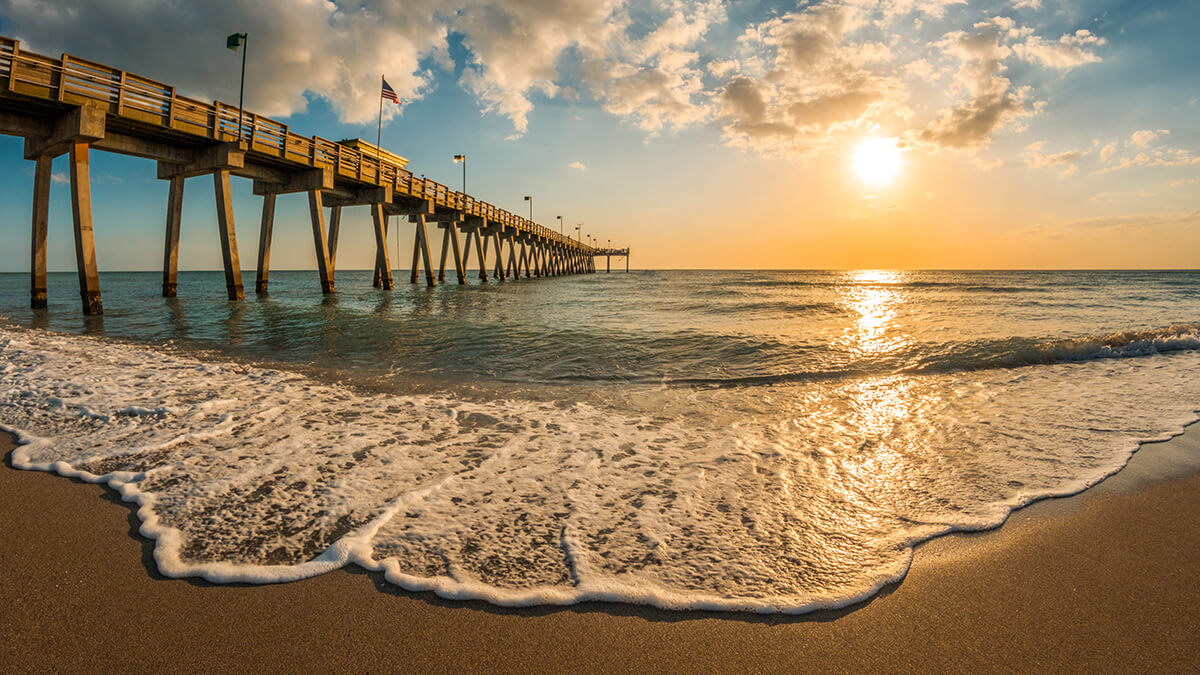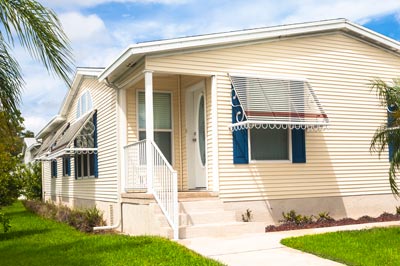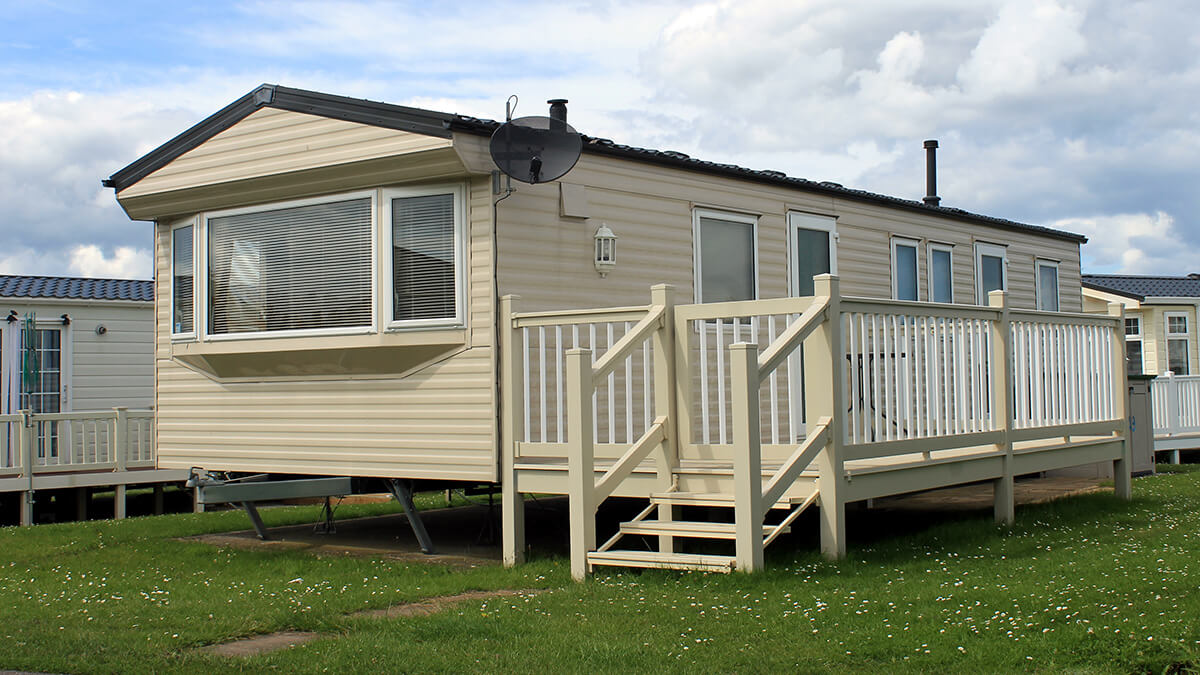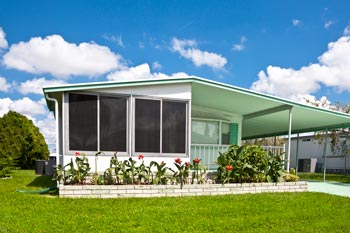Colder weather is approaching — Will you fly south?

Summer ended months ago and fall is beginning to fade away quickly. Wouldn't it be nice to escape what's up next? You wouldn't be the only person who decides to do just that. In fact, the Recreational Vehicle Industry Association estimates that there are over 2 million people spending the winter in RVs, which doesn't even include those who rent or own a second home.
The people who escape the harsh winters of their primary location to live in a warmer climate are known as snowbirds. Snowbirds are typically retirees or business owners and the snowbird season runs from October through April, but may vary from year to year.
Are you a snowbird, or better yet, are you going to become one? Before you take flight towards a warmer climate and leisure lifestyle, check out the following 6 tips for your home and finances so you can fully enjoy your home away from home.
Prepare your home for winter
It is important for everyone to prepare their homes for the winter season to avoid expensive damage or homeowners claims caused by cold weather and snowstorms. It is even more important to prepare your home for winter if it will be vacant during the coldest months of the year since you won't be there to notice any problems that may arise. Prior to closing up your home, inspect your roof for any damage that could result in leaking and clean gutters and downspouts. Insulate any water lines that run along exterior walls and open cabinet doors to allow heat from the room to get into concealed spaces, which can make pipes less likely to freeze. Also, drain and shut off outdoor water faucets.
Trim trees
Winter's high winds and snowstorms can cause a lot of damage from fallen tree limbs; therefore, make it a priority to remove dead trees or large overhanging tree limbs before you leave town.
Ask someone to shovel snow
Arrange to have a neighbor shovel snow from your driveway. This will help prevent snow that melts from leaking into the home and causing damage. It can also prevent your home from looking vacant and becoming a target of thieves.
Secure your home
Home security is a big issue if you're away from your house for months. Stop your newspaper delivery and forward your mail to your winter address or have it picked up on a regular basis. Also have someone check the house at least weekly to make sure any flyers or packages that are delivered while you're gone don't build up and make the house look unoccupied. Secure doors and windows with deadbolt locks, and install slide locks or other security locks on sliding glass doors or French doors. You can also install variable light timers, which turn lights on and off at different times to make it look like someone is home.
Notify your bank
Before you leave, provide the bank with your contact information as well as your temporary address. This will give the banks a heads up, so there are no issues regarding out-of-state debit and credit card charges. If your financial institution is not aware that you will be away for a long period of time, your account could be frozen temporarily as they may see out-of-state charges as suspicious activity or fraud.
Sign up for online banking
Online banking allows you to receive bills and make payments online. It gives you the peace of mind that your bills are being paid on time, without having to wait for statements to be mailed to your current location.
Maintaining two homes can be a lot of work, so it's important to be prepared with a good and reliable insurance policy as seasons change and before you take flight towards a warmer climate.


